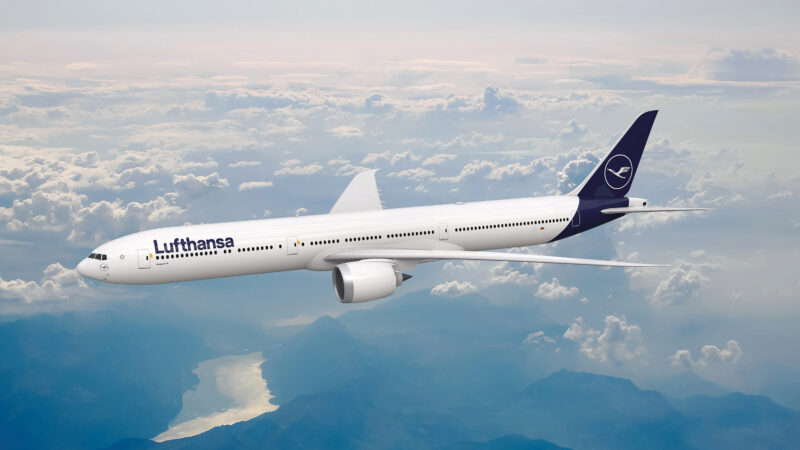Boeing CEO Says 777-9 Certification ‘Clearly Behind Schedule’

Boeing’s flagship 777-9 certification program is running behind schedule, CEO Kelly Ortberg acknowledged, warning that delays could be significant enough to affect its first-delivery timeline. Speaking at the Morgan Stanley Laguna Conference on Sept. 11, Ortberg said the company still lacks FAA authorization for much of the certification process.
“We’re working through that right now with the FAA, but we were clearly behind our plan in getting the certification done,” Ortberg said. Boeing’s current target remains FAA approval and first deliveries in 2026, but senior leadership is reassessing the timeline to understand potential implications.
Ortberg stressed that the delays are not tied to technical problems. “Both the airplane and the [GE Aerospace GE9X] engine are really performing quite well,” he noted, instead pointing to an increasingly deliberate FAA approach as the main obstacle. “We can go fly, but we can’t actually get the certification credit until we get” type inspection authorization (TIA)—formal FAA testing clearance—for required tests, he said.
First delivery of the Boeing 777-9 is expected in 2026 to Lufthansa, following significant delays due to certification challenges, structural testing failures, and engine component issues. The Federal Aviation Administration (FAA) is overseeing the certification process, which has become more rigorous following past incidents with Boeing aircraft. Other airlines, such as All Nippon Airways (ANA), are also expected to receive their 777-9s in 2026, while other customers like Emirates are facing further delays.
The FAA has broken the 777-9 TIA into phased approvals, granting Boeing permission to conduct batches of tests only after verifying the design meets regulations. This heightened scrutiny stems from 2020 legislation limiting delegation of certification work to industry and from a post-737 MAX environment where the agency asks more—and sometimes more complex—questions before allowing applicants to advance.
The certification changes have affected not only the 777-9 but also Boeing’s last two 737 MAX variants, the 737-7 and 737-10, all of which are years behind schedule. The 737s are currently on track for 2026 approvals, contingent on FAA acceptance of a redesigned engine anti-ice system.
Ortberg said Boeing has made “really good progress” on the anti-ice redesign since its last earnings call, where it pushed completion of certification into next year. “I feel pretty good that we’re nailing that design,” he said, adding that the company plans to finish certification and deliver aircraft next year.
Looking ahead, Ortberg called for a faster but still rigorous process. “The certification process [is] way too slow,” he said. “We’ve got to work with the FAA in swinging the pendulum back and making that a process that’ll work. I can’t imagine that we can do a new airplane without having that process refined.”
Related News: https://airguide.info/?s=boeing+777
Sources: AirGuide Business airguide.info, bing.com, aviationweek.com
